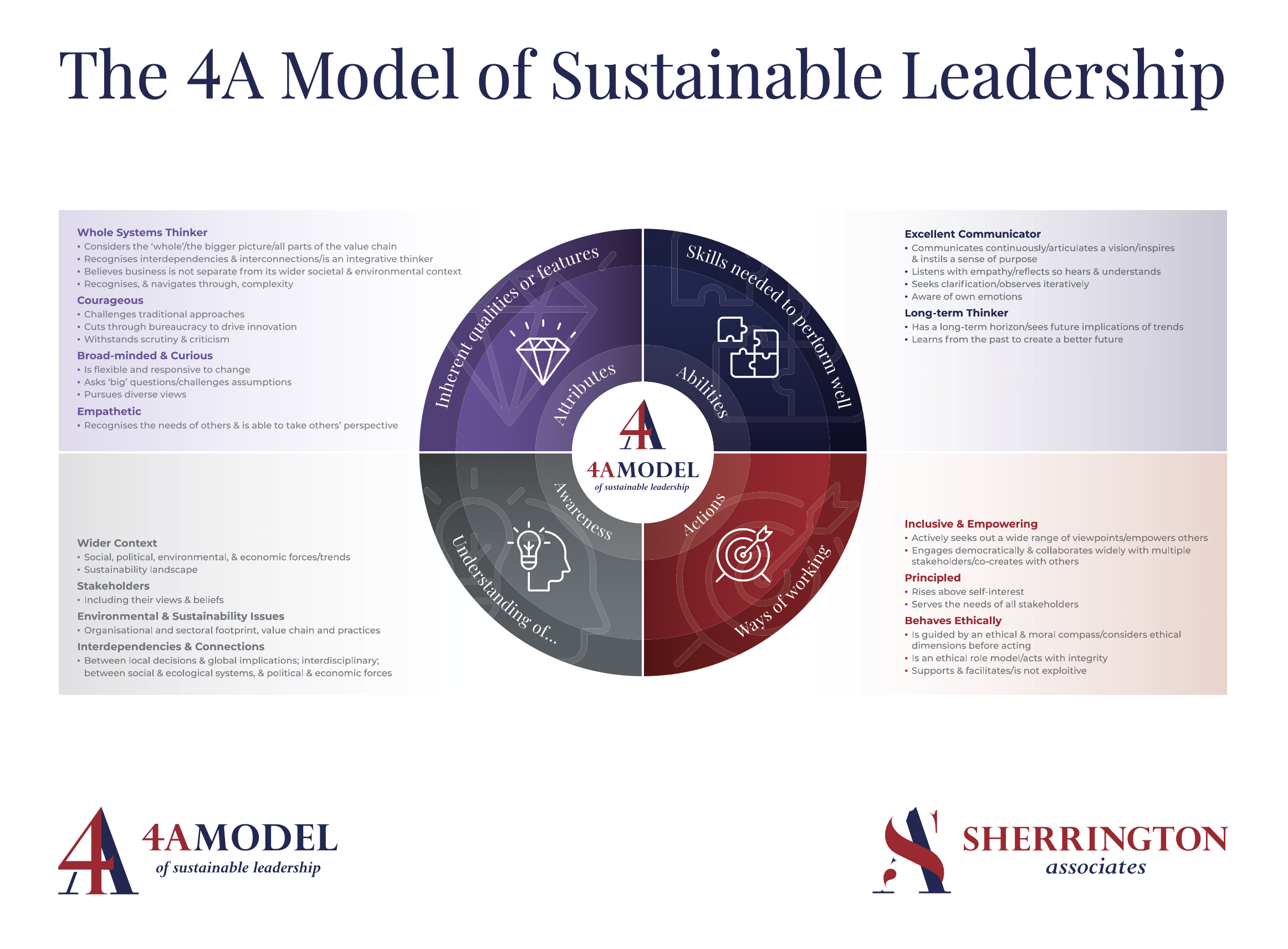Ethical behaviour is doing the right thing when no one else is watching - even when doing the wrong thing is legal.
(Aldo Leopold)
Business leaders face pressure to maximise profits, they can be under constant pressure to deliver financial results, and short-term focus can incentivise leaders to prioritise profits over ethical considerations. In highly competitive industries, unethical practices may be employed to maintain market share or reduce costs. Ethical dilemmas are rarely clean-cut. Business leaders must balance the often-competing interests of shareholders, employees, suppliers and the broader community. Decisions that benefit one group may negatively affect another, creating difficult trade-offs. Many situations with ethical considerations involve grey areas, with the right course of action not being obvious. Leaders may struggle with making the right decision because they lack clear guidelines or face complex legal and ethical nuances.
The internal structure of an organisation can push leaders to compromise their ethics. If the prevailing culture values results over principles, even ethical leaders might find themselves conforming to unethical norms. In certain industries, there may be cultures fostered where certain unethical practices are normalised, making it difficult for leaders to break the cycle. As well as organisations sometimes prioritising results over principles, some leaders may prioritise personal gain, reputation, or career advancement over ethical decision-making. The desire for personal success can cloud judgment and lead to decisions that serve individual interests rather than those of the organisation or society.
Operating in different countries with varying laws, cultural norms, and ethical standards can make it harder for leaders to maintain consistent ethical practices across the board. Global supply chains, for example, often involve practices that might not meet ethical standards in every part of the world. When there is a lack of ethical leadership at the top, employees may feel less inclined to act ethically themselves. Without strong role models, business leaders may not feel empowered or encouraged to make ethical choices.
Despite these potential barriers, it is crucial for business leaders to behave ethically for sustainability because ethical leadership plays a significant role in creating long-term value, preserving resources, and building trust among stakeholders. Companies that behave ethically build trust with their customers, employees, investors, and the public. Trust is essential for sustainable business success because it leads to customer loyalty, strong relationships with stakeholders, and a positive public image. Ethical companies are also better able to attract and retain top talent, which is crucial for long-term innovation and growth.
Ethical business leaders ensure that their companies comply with laws and regulations related to the environment, labour rights, and fair trade. This reduces the risk of fines, sanctions, or litigation that can arise from unethical behaviour. By adhering to ethical standards, companies also stay ahead of potential regulatory changes that increasingly focus on sustainability, such as carbon emissions limits, waste management, and worker protections.
Ethical leadership ensures that companies adopt environmentally responsible practices, such as reducing carbon emissions, minimising waste, and using renewable resources. These practices are key to sustainability because they help preserve the planet’s ecosystems and resources for future generations. Companies that focus on ethical environmental practices are more likely to develop innovative solutions that address global challenges like climate change, biodiversity loss, and pollution.
Ethical leaders understand that sustainable success involves contributing positively to society, not just maximising profits. This means treating employees fairly, respecting human rights, and supporting the communities in which they operate. Ethical behaviour ensures that businesses avoid exploitative practices, such as child labour or poor working conditions, and instead contribute to social well-being, which strengthens their social license to operate. Consumers are increasingly prioritising sustainability and ethical practices in their purchasing decisions. Ethical leadership ensures that companies meet this demand, whether through transparent supply chains, eco-friendly products, or fair labour practices. Businesses that behave unethically risk losing market share to competitors who better align with consumer values around sustainability.
Companies that operate ethically play a critical role in solving global challenges like climate change, resource depletion, and inequality. Ethical business leaders recognise that sustainability is not just a corporate responsibility but a global imperative. By promoting ethical behaviour, businesses contribute to broader sustainability goals, such as the United Nations Sustainable Development Goals (SDGs), and take leadership roles in shaping a more equitable and sustainable future.
At Sherrington Associates, we recognise how essential sustainable leadership is to the success of an organisation. We use our 4A Model as a framework for assessing leadership candidates throughout the recruitment process. This helps us understand the candidate’s potential for developing a lasting culture of sustainable leadership.
To learn more about our services, talk to our team…
Culture Diagnostics & Values Assessments
Sustainable Leadership Consulting






